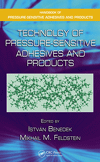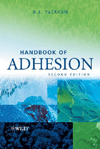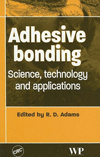Henkel to Partner with Fiat Chrysler to Improve Alfa Romeo Performance
The new treatment processes will reportedly be applied to the latest version of the Alfa Romeo Giulia.

Henkel announced it will partner with Fiat Chrysler to save weight and improve process and material performance on Alfa Romeo’s Giulia. Henkel and Fiat Chrysler Automobiles (FCA) are set to discuss their close cooperation in the development of groundbreaking new treatment processes applied to the latest version of the Alfa Romeo Giulia. Both companies plan to share the podium at Surcar 2017, an international meeting on automotive body finishing taking place in June in Cannes, France.
The new Giulia has a body that is 90 kg lighter than a comparable all-steel body. This was reportedly achieved by the use of light metals in combination with new process materials and application technologies. To reduce weight and improve performance, FCA is using aluminum to account for 45% of car body weight. It has adopted a groundbreaking acoustic package to enhance passenger comfort while saving more weight.
The Bonderite two-step metal pretreatment process was developed by Henkel for multi-metal bodies with very high aluminum contents (up to 80%), suggesting to provide superior corrosion performance while reducing investment- and processing costs. The dip-coating process uses zinc phosphate in the first step to treat the steel, followed by an aluminum treatment in the post rinse.
“Aluminum can be eaten up by the acids normally used to phosphate steel, so there is a need to find a balance in the treatment process,” said Manfred Holzmueller, sales director transplant OEM business at Henkel. “Corrosion performance is equal to tricationic Zn-Phosphate, but the bonderite process generates 30-50% less sludge, consumes fewer chemicals, and creates less surface roughness that demands rework. Lower operating temperature also saves energy.”
For more information, visit www.henkel.com.
Looking for a reprint of this article?
From high-res PDFs to custom plaques, order your copy today!





